
Problem Pastors, Part 2
Religious institutions misuse tithing for wealth; preach Gospel freely. Resist supporting materialistic churches. Trust God's guidance, especially pastors.

Religious institutions misuse tithing for wealth; preach Gospel freely. Resist supporting materialistic churches. Trust God's guidance, especially pastors.
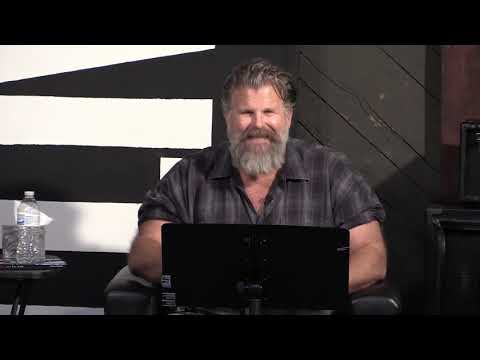
Pastors must nurture, protect, and lead by God's Word, not self-interest. Expose "Problem Pastors" who exploit congregations. Evaluate if your pastor truly serves.

Shawn critiques traditional Christian practices, highlighting their divergence from scripture. He suggests these traditions overshadow true spiritual understanding of God.
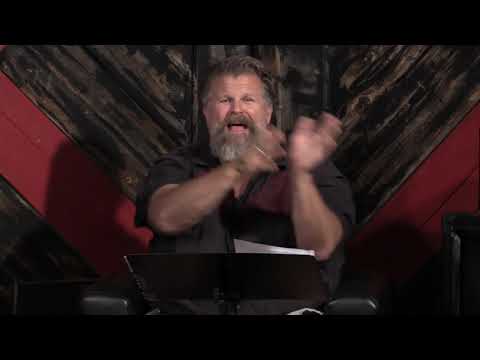
Calvinism: God predestines salvation. Arminianism: Free will in salvation. Total reconciliation: God saves all through Jesus, allowing belief over time.

Focus on personal relationship with Jesus, agape love, and spiritual alignment over religious rules or institutions; emphasizes love, belief, and transcending earthly ties.
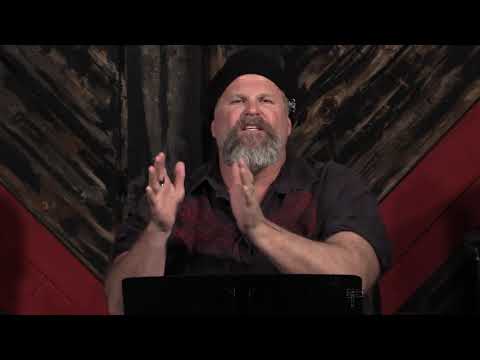
Reformed theology supports "once saved, always saved," emphasizing God's grace and predestination. Shawn critiques Calvinism and Arminianism, advocating God's universal love and salvation.
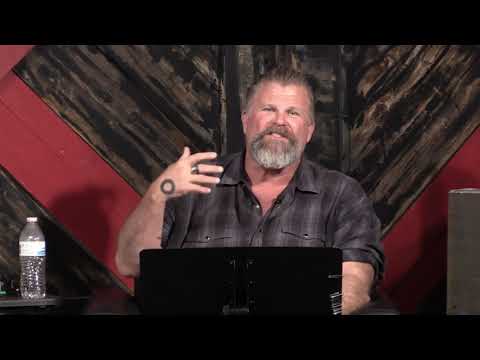
Calvinism emphasizes salvation by God's grace for an elect few, limited atonement, irresistible grace, and perseverance of the saints. Critics argue for universal atonement.
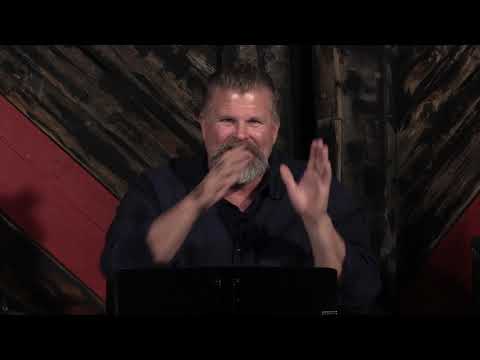
Calvinism emphasizes predestination and God's control over salvation, while Arminianism highlights human free will. The debate questions the morality of predestination.
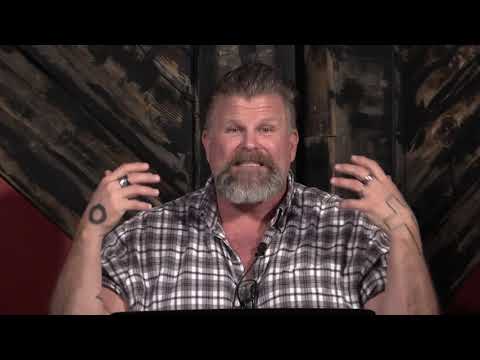
Critiques Calvinism's divisiveness, stresses contextual scripture understanding, values diverse interpretations, warns against rigid theology, and promotes freedom in faith.
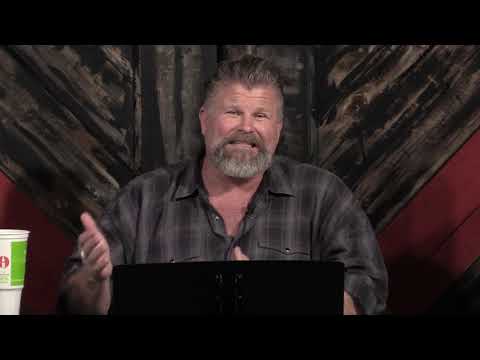
"Born again" is key for heaven, popularized in 19th-century revivals. True rebirth is spiritual, marked by agape love, not rituals. Critiques material focus in faith.
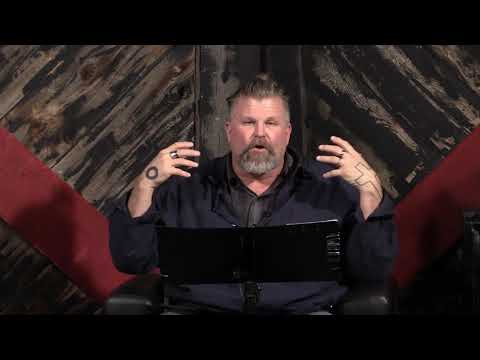
Water baptism is an expression of faith, not salvation; diverse practices exist. It's personal, not institutional. Early Christians relied on the Spirit, not a complete Bible. "Sola Scriptura" caused division; unity and love should prevail.
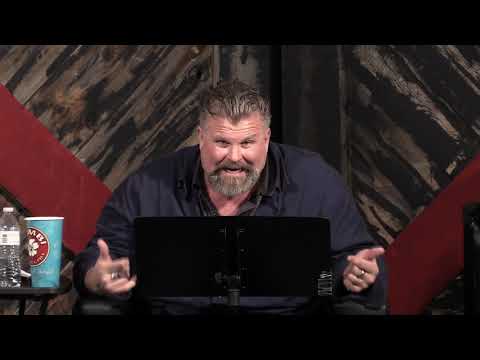
The teaching asserts that Jesus' return ended hierarchical church authority, making all believers part of a collective priesthood, guided directly by Christ and the Holy Spirit.
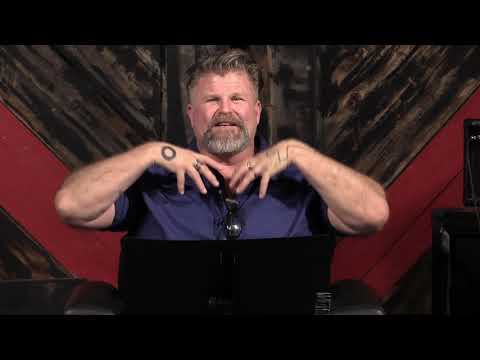
Christianity focuses on a personal, Spirit-led relationship with God, beyond institutions, emphasizing faith and love, acknowledging fulfilled prophecies and church transformation.
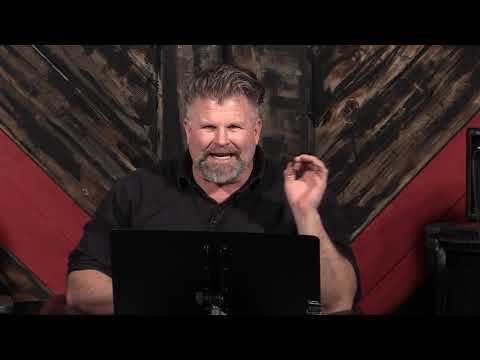
Core Christian teachings: focus on faith in Jesus and love for others, as per New Testament. Simplifies numerous commandments to these two key principles.
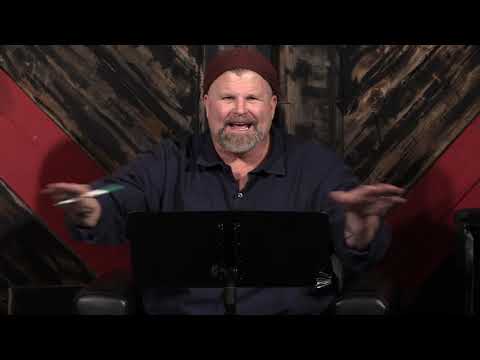
Shawn explains that Jesus' death and resurrection ended Satan's power, fulfilling prophecy and establishing God's dominion. Satan's defeat allows believers to focus on God.
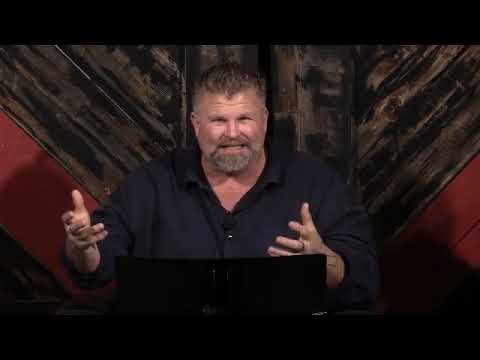
Shawn teaches that Satan and hell are inactive, with Satan's role ending through Jesus. The Mosaic Law revealed sin, but Christ's crucifixion nullified Satan's accusations.
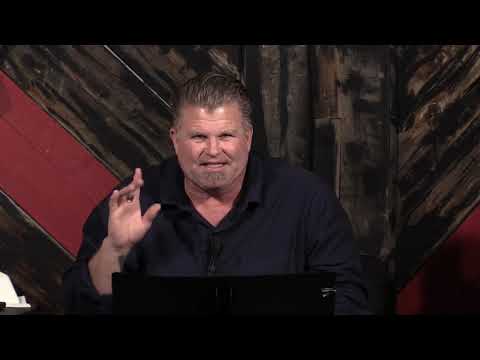
Shawn argues early apostles, like Paul, believed Jesus' return was imminent within their lifetimes, challenging modern views of a future return, citing misinterpretations.
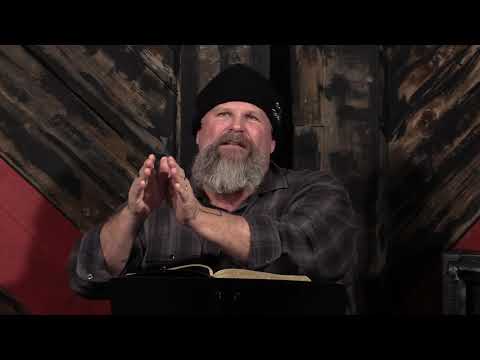
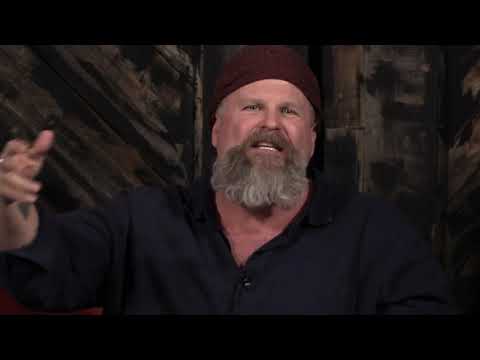
Shawn argues Jesus returned in 70 AD, citing apostolic writings. He emphasizes early Christians' belief in an imminent return, fulfilled by Jerusalem's fall, challenging futurist views.
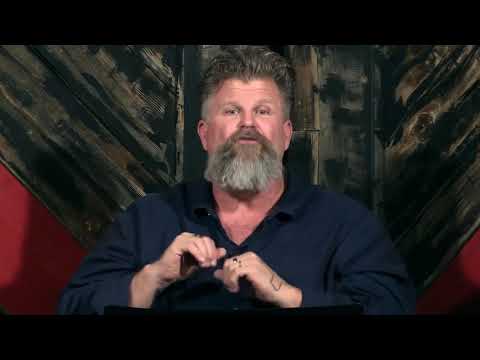
Apostles expected Jesus' return within a generation, based on His teachings. Misinterpretations cause confusion. Early Christians saw it as imminent, per Hebrews, 1 John.

Shawn McCraney teaches Jesus' return occurred by 70 AD, fulfilling Matthew 24. This view liberates faith from tradition, seeing "end of the world" as era's end, not physical.
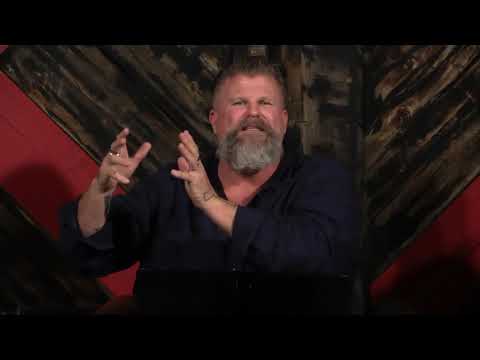
Shawn emphasizes a subjective faith, guided by the Spirit, with God's laws on hearts, contrasting traditional views, advocating for authentic living in the New Covenant age.
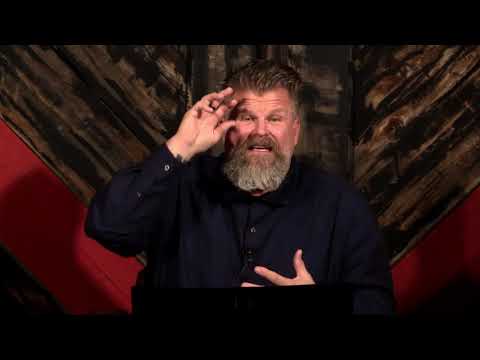
The teaching critiques Sola Scriptura, advocating for Sola Spiritus, emphasizing the Holy Spirit's role over rigid doctrine, promoting personal faith and unity through love.
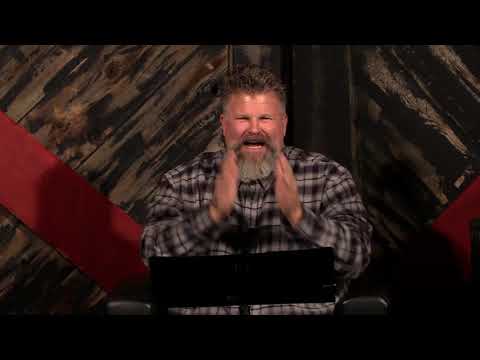
Christianity involves re-evaluating Bible beliefs; NT called OT scripture; Gospels written post-Jesus; Bible's formation was gradual; inerrancy is debated; Reformation led by Luther emphasized Sola scriptura, rejecting papal authority.

Christianity transcends politics, societal norms, and national identity, focusing on personal faith in Jesus. It warns against conflating faith with political agendas.
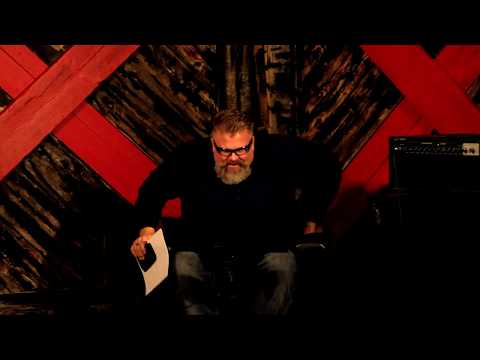
Christianity transcends cultural labels, emphasizing personal faith over systems. Misunderstandings arise from preconceived notions. All expressions can be "Christian" if they inspire faith.